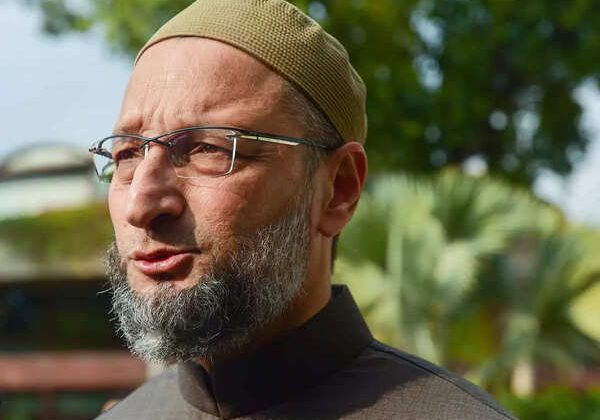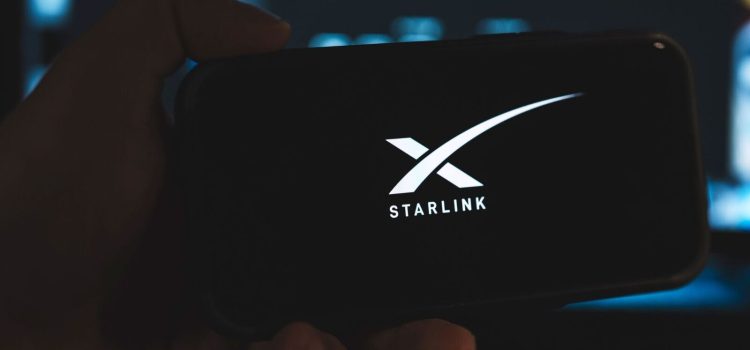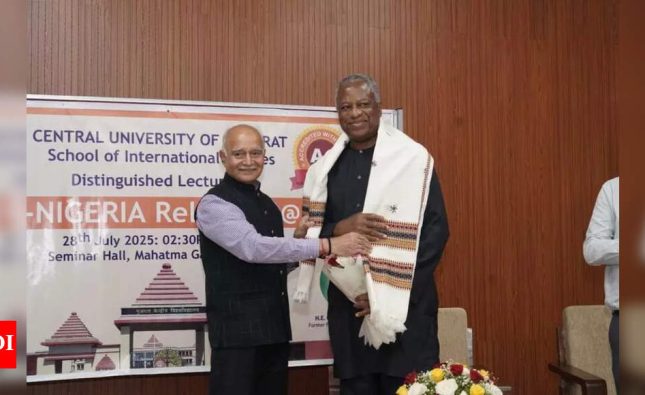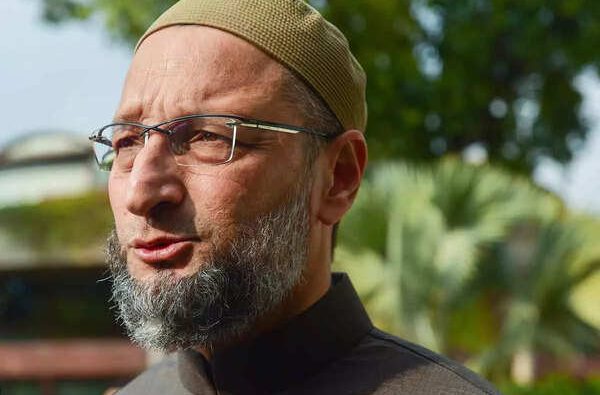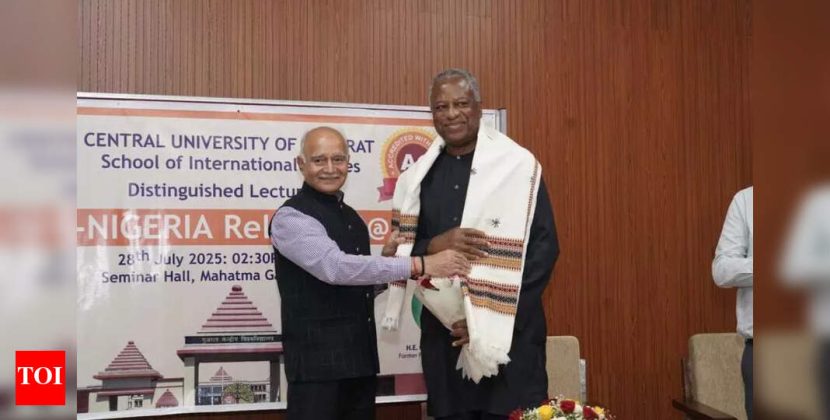
Union Minister Chandra Sekhar Pemmasani said that Billionaire Elon Musk’s satellite communications company, Starlink, can only have 20 lakh connections in India amid the competitive threat to the State-owned BSNL and other telecom operators, reported the news agency PTI on Monday, 28 July 2025.
Chandra Sekhar Pemmasani, the Minister of State for Rural Development and Telecommunications, also said that the US-based satellite internet provider will be able to offer up to 200 Mbps of internet speed, which the government aims will not affect other telecom operators.
“Starlink can have only 20 lakh customers in India and offer up to 200 Mbps speed. That won’t affect telecom services,” Minister Pemmasani told the news agency on the sidelines of a BSNL review meeting.
The company’s satellite internet services are expected to target customers in the rural and remote areas of India, which is also a big market for the State-owned telecom service provider BSNL.
Union Minister Pemmasani also said that the upfront cost for the satcom service will be too high, and the monthly cost will likely be around ₹3,000.
According to the agency report, Pemmasani also said that BSNL’s 4G network rollout is completed, and the government-owned telecom provider does not plan to increase its network tariffs at this time.
“We want market first. There are no tariff hikes planned,” the Minister told the news agency.
What is Starlink?
According to the official website, the Starlink network is the world’s first and largest satellite internet provider. The technology uses Earth’s lower orbit to deliver broadband (Wi-Fi) internet to its users.
People can use this broadband network to support streaming, online gaming, video calling, etc., by accessing the satellite network through their home setup or portable Starlink equipment. Billionaire founder Elon Musk‘s space tech startup SpaceX owns and controls Starlink’s operations worldwide.
Mint reported earlier that Starlink aims to address connectivity issues in rural and remote regions of India and expand the domestic telecom industry with its satellite technology.
The US-based company received the authorisation from the Indian National Space Promotion & Authorisation Centre, or IN-SPACe, for its Gen 1 constellation capacity over India. The authorisation has been given for five years till 7 July 2030.

